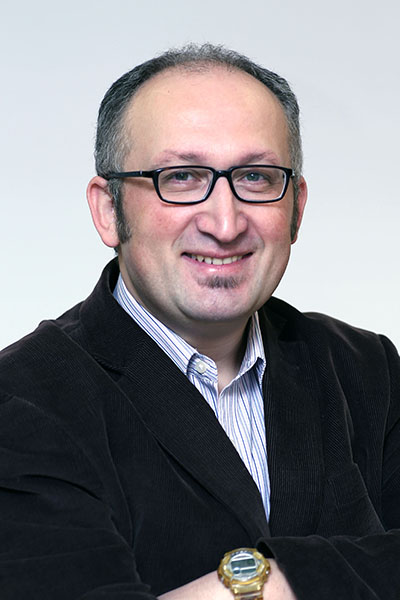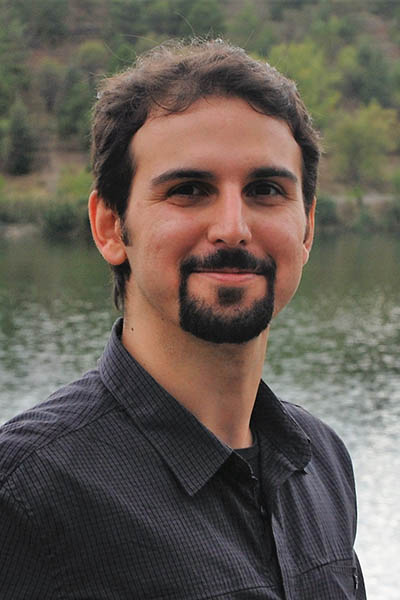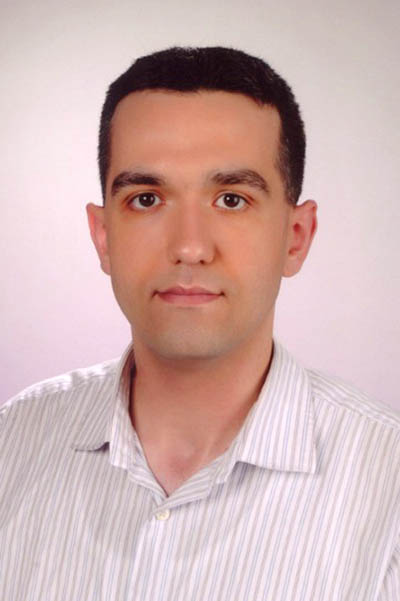Four Bilkent faculty members are being funded by the EU’s Marie Sklodowska-Curie Actions (MSCA) program, part of the EU’s Horizon 2020 initiative.
On the basis of the proposals they submitted in response to the 2015 call for proposals, Dr. Tarık Baytekin (UNAM), Dr. Kürşat Çınar (Political Science and Public Administration), and Dr. Erman Ayday and Dr. Mustafa Özdal (both Computer Engineering) have been awarded MSCA individual fellowship grants.
As part of Horizon 2020, the EU’s largest research and innovation program, the MSCA grants support research training and career development focused on innovation skills. The MSCA program promotes innovative research training as well as career and knowledge-exchange opportunities through cross-border and cross-sector mobility of researchers, preparing them for current and future societal challenges and enhancing the attractiveness of research centers in Europe and Turkey.
With the support of MSCA fellowship grants, researchers are able to move from one country to another to broaden or deepen their competences. In effect, the program leverages attempts to reverse the phenomenon of brain drain.
Applicants for MSCA grants face stiff competition from all over Europe. To date, Bilkent researchers have received a total of six grants.
The 2016 call for proposals for MSCA individual fellowship grants will be open from April 12 until September 14. For more information, please see https://ec.europa.eu/research/participants/portal/desktop/en/opportunities/h2020/topics/2226-msca-if-2016.html.
The two main objectives of this project are (i) to develop a new unifying framework for quantification of genomic privacy of individuals and (ii) to establish a complete framework for privacy-preserving utilization, sharing, and verification of genomic data under real-life threat models. This project will be a significant step towards understanding the privacy risks on genomic data of individuals and protecting the privacy of genomic data. It will also provide a new vision for security and privacy of health-related data in general and will find many implications in other domains such as banking and online social networks. The results of the project will also have an impact on future policies and legislation about protection of health-related data.
Dr. H. Tarık Baytekin
Triboelectricity, generation of static electricity in systems with friction, is a very common event, which causes value losses in many industrial manufacturing processes, due to electrostatic sticking and electrostatic discharging (ESD). To prevent triboelectricity and solve the above-mentioned problems at small dimensions, we will use an unprecedented chemical approach that we developed previously in our research.
The project aims to shed light on the dynamics behind female empowerment, specifically focusing on the role of urbanization in the areas of education, economy, and politics. This project argues that female empowerment is a multi-faceted, multi-level phenomenon that calls for such a research strategy. The main focus of the project is the relationship between urbanization and female empowerment in Turkey, while it also provides a comparative global-level analysis with clear implications for Europe.
The purpose of this project is to make it easy to develop emerging graph analytics applications on FPGAs. An accelerator template is proposed to hide from users many low level implementation details and help bridge the gap between high level application descriptions and costly hardware implementations.





